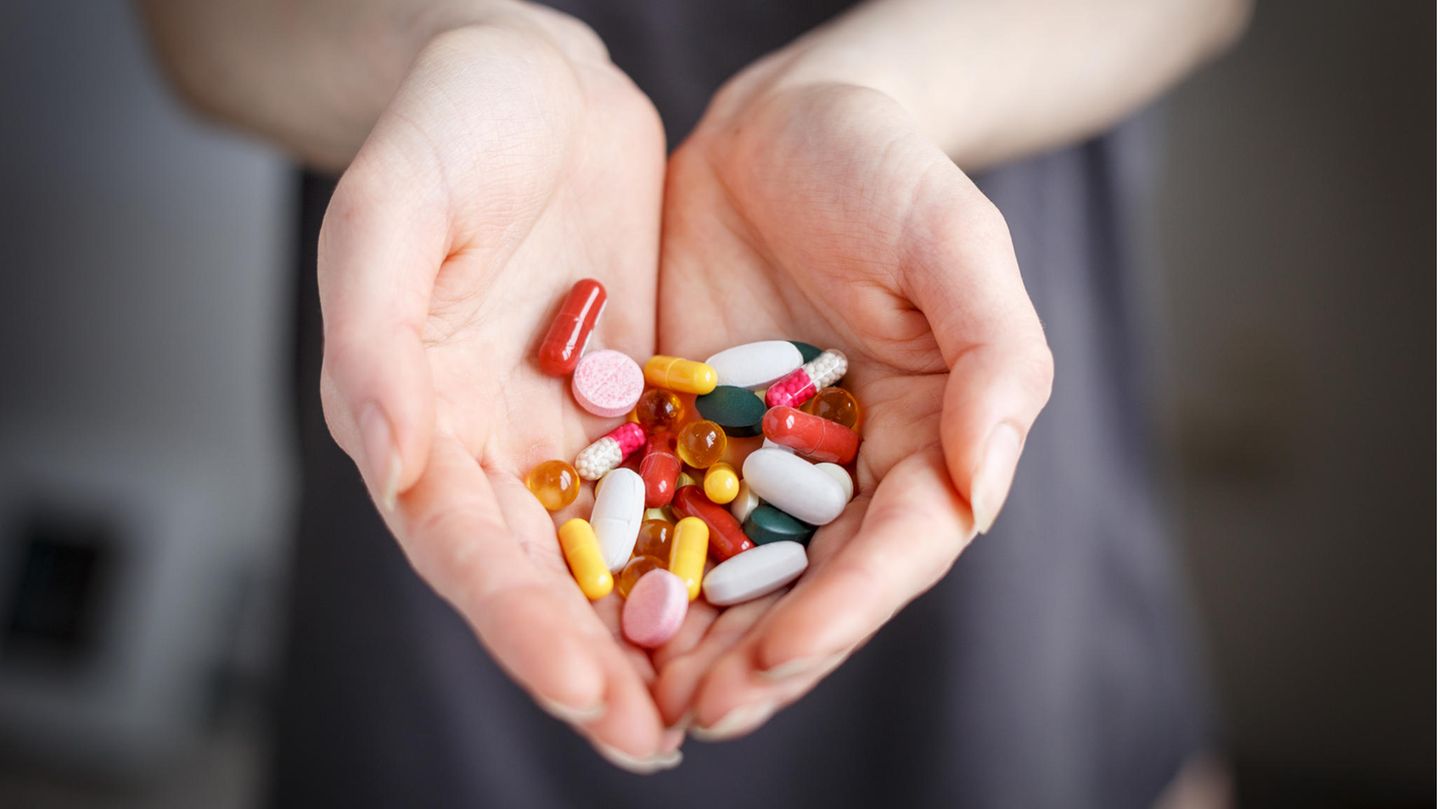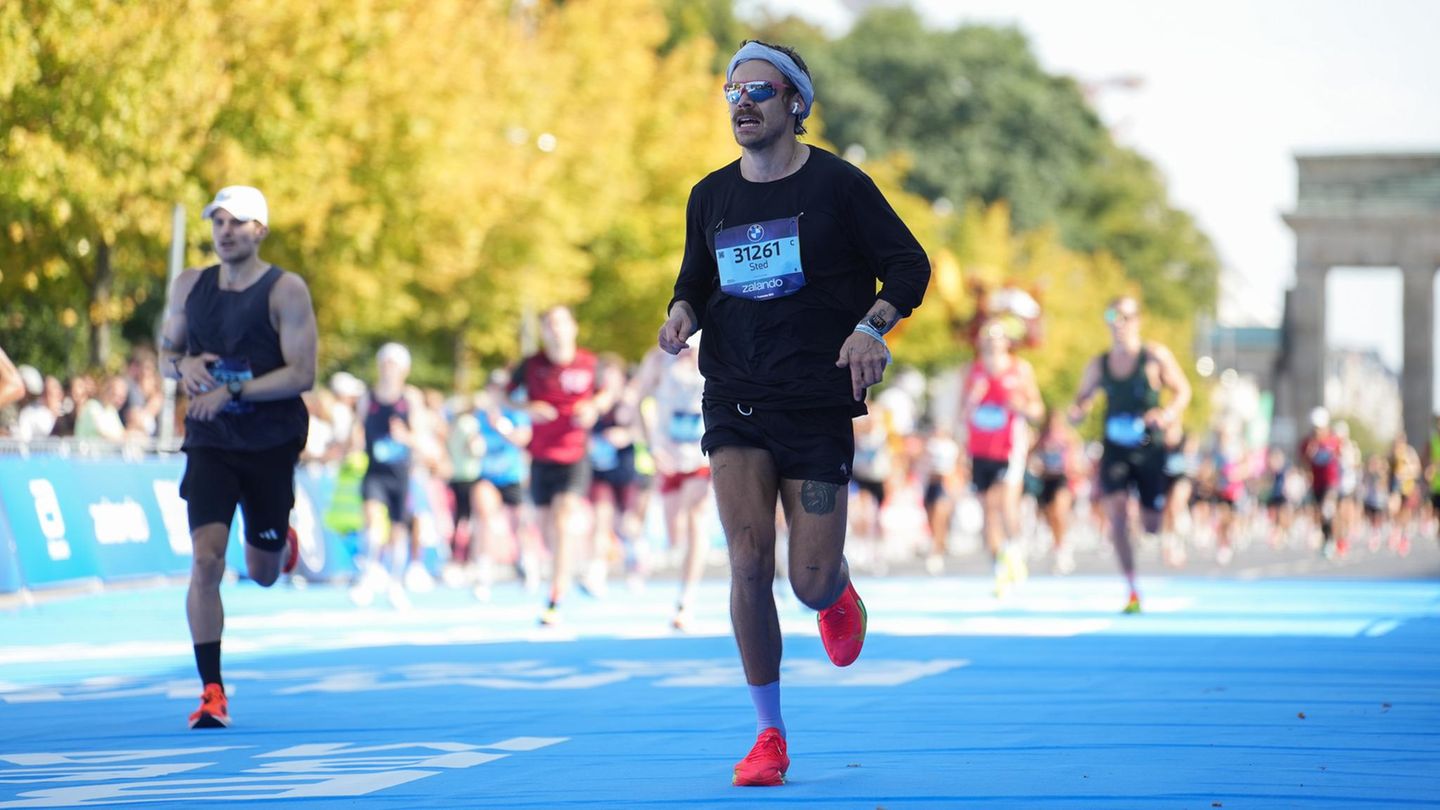In addition to vaccines, there are also more and more corona drugs that are supposed to protect against the course of serious disease. Studies show that they are effective – but also impractical. How helpful are they in fighting the virus?
The fourth corona wave, it came with an announcement. Experts had repeatedly and emphatically warned against her. The curve in the number of infections shoots up even more steeply than last year, and the intensive care units are full again. The calculation is simple: the more viruses there are, the more people become infected. This applies above all to the unvaccinated, but not only. The number of vaccination breakthroughs is also increasing. Because no vaccination protection protects 100 percent. In addition, it is now known that vaccination protection wears off over time. In addition to the corona vaccines, Covid-19 drugs should also help this autumn and winter. But how good are they?
Covid 19 disease can be divided into two phases. In phase one, the viral load increases. At this early stage, the infected person can be contagious without feeling any symptoms. During this time, an antivirus can ensure that the virus is stopped at an early stage and the increase in the viral load can be reduced. Antiviral drugs are supposed to prevent the viruses from penetrating the body’s cells and thus also preventing them from multiplying there.
In the second phase of the disease, the infected person is really sick, the virus has already done a lot of damage. The immune system works against it. If the outcome is severe, the immune system may fire against the virus so vehemently that this has a harmful effect. Therefore, drugs that are used in this phase of the disease have the task of dampening the body’s immune response.
“Passive Vaccination”
Only last Thursday, the European Medicines Agency (Ema) cleared the way for the approval of two new Covid-19 antiviral drugs. The EU Commission makes the final decision on approval, but this is a matter of form. These are Ronapreve, which the Swiss pharmaceutical company Roche produces together with the US company Regeneron, and the drug from the South Korean drug manufacturer Celltrion called Regkirona. Both drugs are monoclonal antibody preparations. These are made in the laboratory and are all the same as they are cloned from the same mother cell. They are supposed to prevent the virus from docking with human cells. In contrast to the mix of antibodies that the body develops after a vaccination, monoclonal antibodies do not bind the virus in different places, but attack it in a specific target.
Corona infected people from the age of twelve who have a high risk of getting seriously ill with Covid-19 should get Ronapreve. The preparation consists of the two monoclonal antibodies casirivimab and imdevimab and is administered intravenously and in the early stages of the disease. But Ronapreve can also be used to prevent family members. A study with more than 1000 participants showed that Ronapreve can prevent severe courses. Accordingly, less than one percent of the subjects who had received the drug became so seriously ill that they had to be treated as an inpatient.
According to the results of the study, the drug reduced the risk of hospital treatment or even dying of Covid-19 by around 70 percent compared to the placebo group. In addition, corona symptoms subsided four days faster on average, i.e. lasted ten days. Ronapreve is already being used in countries such as the UK, the USA, Japan and Brazil. In Germany it has only been used in exceptional cases so far.
Regkirona is also used intravenously and in the early phase of Covid-19 disease. However, adult patients who do not need to be treated with oxygen are intended for this. The agent should not be used preventively. According to a study with almost 900 participants, the drug from South Korea was able to significantly reduce the risk of serious illness with hospitalization. While eleven percent of those infected had to be hospitalized in the placebo group, it was three percent for those who had received Regkirona. So far, the drug has only been approved in South Korea.
Low use of monoclonal antibodies
Treating Covid-19 patients with antiviral drugs is not new. As early as January, the federal government bought 190,000 cans of two remedies. Germany was then the first country in the EU to use monoclonal antibodies against Covid-19. But that is only sparse. The “Spiegel” writes of just 5,000 doses which, according to the Federal Ministry of Health, would have been administered by mid-October.
For example, the polymerase inhibitor remdesivir has been approved in Europe since mid-2020. The remedy, which was originally developed against the Ebola virus, has only a minor role in therapy, so Christian Karagiannidis, head of the intensive care register of the German Interdisciplinary Association for Intensive and Emergency Medicine (Divi), told the “Spiegel”. As the US manufacturer Gilead announced in September, Remdesivir is quite effective. It could reduce the risk of a severe course or death by 87 percent. But the remedy has a problem, it is impractical. On the one hand, its effectiveness is linked to the fact that it has to be administered in the first few days after infection, i.e. in the early phase of the disease. On the other hand, this can only be done intravenously and that is exactly a logistical challenge.
A problem that even Ronapreve and Regkirona cannot solve, but possibly paxlovid and molnupiravir. Both drugs come in capsule form and could be taken orally, but are not yet approved in the EU. Paxlovid is a product of the US pharmaceutical company Pfizer. The study is still ongoing, but initial results are promising. Accordingly, the agent, which contains the HIV drug ritonavir, was even a tick better than remdesivir. It was not without good reason that Pfizer boss Albert Bourla called the tablet a “game changer”. US approval is due to be applied for soon.
The manufacturer Merck & Co also wants to stir up the market with its molnupiravir. The efficacy data cannot keep up with the preliminary data for the Pfizer product, but this agent also halved the risk of being hospitalized or of dying from Sars-CoV-2 infection. The drug is already being used in the UK. The Ema and the FDA are currently examining the agent.
, , ,
Source From: Stern




